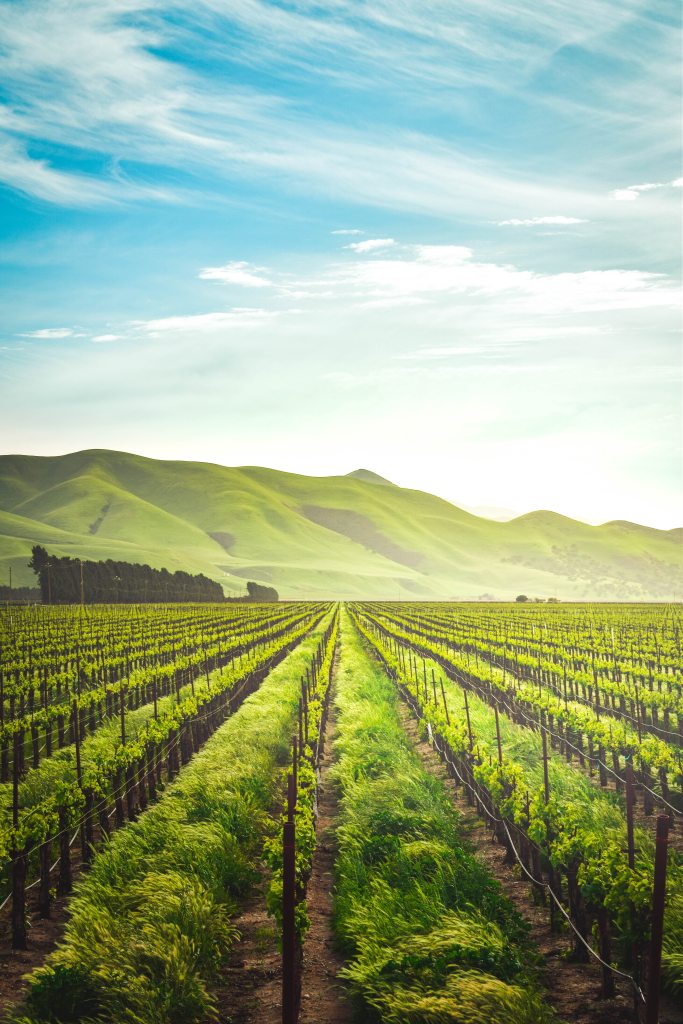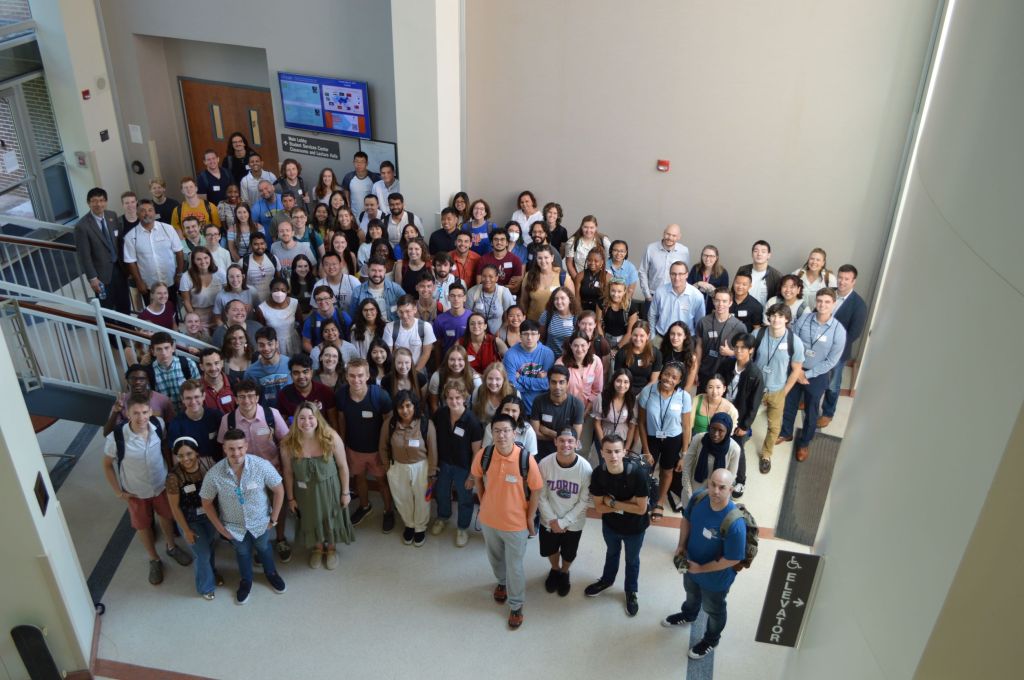Fostering Circularity and Digitalization Skills (CD-Skills) in Future Agri-Food Systems
A United States Department of Agriculture (USDA) and the National Institute of Food and Agriculture (NIFA) Research and Extension Experiences for Undergraduates (REEU) program are now accepting applications for the 2024 summer program to be held between May 25-August 2, 2024!
The deadline for 2025 Application has been extended to March 12th!

CD-Skills REEU Program
What do we do?

We provide training on the circular economy and digitalization methods to undergraduate students in the US who are interested in food systems and are studying any discipline. A 10-week curriculum on circular economy and Industry 4.0 tools are covered in the weekly training sessions. We organize three field trips to circular businesses on food processing, dairy systems, and waste management facilities.

To facilitate convergent collaborations, we pair each student with a research mentor faculty member from a range of food systems domains. During the course of the summer, students spend over 30 hours conducting research with their mentors. The 2024 term will have 10 mentors who are all from different food systems disciplines to provide research guidance and distinct projects in food systems. Research results are presented in a final meeting.

As part of the University of Florida’s flagship “Summer Undergraduate Research at Florida (SURF)” program, students also participate in professional development and cultural exchange activities. Participants in the program attend weekly professional development luncheons, weekend trips, and excursions in Florida as part of the program. A visit to the NASA Kennedy Space Center, historic Saint Augustine and its beaches, Florida springs, and so on are some examples.
Highlights from the program
- 10-week summer undergraduate research and training opportunity
- $600/week stipend, up to $750 travel allowance
- UF On-campus housing and meal allowance
- Weekly hands-on training on circular economy and digitalization
- Three field trips to circular businesses and organizations
- A final value-chain focused bootcamp and research presentation
- Select one among 10 different research topics in food systems. Click here for the 2024 research topics
- Work in interdisciplinary groups
- Professional development luncheons and weekend trips to Florida locations as part of the UF SURF program



Why you should participate in the CD-Skills REEU Program:
The food system is extremely complex. There has never been a better time to learn about the challenges food systems face and the significance of interdisciplinary collaboration. The University of Florida provides a broad spectrum of research, activities, facilities, and expertise. While developing skills and knowledge in circular economy in food systems and digital approaches, you will have the chance to collaborate with faculty members of the Global Food Systems institute who are diligently addressing the complex realities of food systems. We welcome students of all backgrounds. Some disciplinary examples are STEM disciplines, social sciences, economics, etc. Participation requirements for the program include:
- US citizen or permanent resident
- Enrolled in a four-year university program
- Have a GPA of 3.0 or above
- Travel to Gainesville, Florida May 25-Aug 2, 2024.
- Interested in Food Systems research
- Open to all majors
Some comments from the previous attendees:
“Well-designed program”
“I loved our PI and the experience overall. I thought the program was well-designed and I learned so much this summer. The field trips and seminars hosted by SURF also played a large part in the overall enjoyability of the program”
2022 REEU Participant
“Gained different perspectives”
“The most important thing I’ve learned is the importance of gaining different perspectives on topics such as circularity, sustainability, and digitalization.”
2022 REEU Participant
“Graduate school opportunities”
“I learned specifics regarding what graduate school opportunities are available”
2022 REEU Participant
Take a look at our past year’s activities
Our Favourite Activities
- Week 3: Circular EconomyIn week 3, we learn the “Butterfly diagram” and where food systems fits in this concept. Bioeconomy is represented by the “biological cycles” whereas infrastructure, digital tools, and business models are represented by the technological cycles. We also cover the alternative approaches.
- Week 2: What is “Systems Thinking”?Have you ever considered what “systems” is? We live in systems and we humans are systems too. Systems thinking is an important concept to tackle complex problems.
- Week 1: Grand challenges, changing workforce, changing worldThe first week is all about grand challenges, planetary boundaries, life cycle thinking, and introductions. Also, we briefly mention the foundations of circular economy.